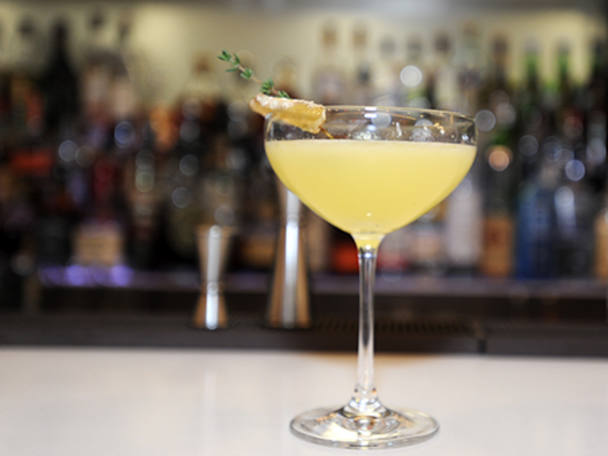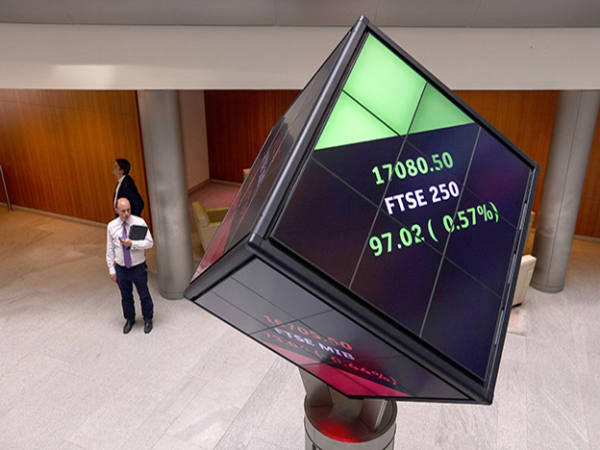Revolution Bars (RBG) was forced last week to concede to a plethora of cost headwinds. These included the living wage, the double increase this year to the minimum wage, the new apprenticeship levy, along with an above-inflation increase to business rates. Shares in Revolution plummeted 40 per cent after the group issued a profit warning that admitted these costs would take more of a toll on the business than was originally forecast and would result in cash profits flat on last year. The shares have yet to recover.
This cost headache was made worse by the fact that the five new Latin America-themed Revolucion De Cuba bars opened last year had taken longer than the usual one year to mature. They are not likely to come to full profitability until years two or three. Although these bars have stuck to pace, with average weekly turnover coming in at £43,000, this new Cuban-style concept is more expensive to launch than the original style bar due to added costs such as live music. The group also tends to overstaff recently launched locations to try to make sure new customers have a great first experience, and are therefore more likely to come back. However, this delay to profitability has not put management off the Cuban concept - of the six bars the group plans to launch next year, half will be Revolucion De Cuba.
The news is concerning, given the traditionally conservative approach to estate expansion taken by Revolution. Shareholders were also spooked by the profit warning given frequent management changes - it's on its third chief financial officer in under two years. Chris Chambers stepped down from the position in May this year after he had replaced Sean Curran just nine months before. Michael Foster has taken up the helm on an interim basis and a permanent replacement should be announced within weeks.
A number of the cost pressures Revolution has cited, including wage increases and higher business rates, are faced by the wider leisure industry. However, some businesses are handling these pressures better than others. Patisserie (CAKE) has dealt with the added costs particularly well by fixing ingredients costs, making sure larger rent reviews are out of the way, and focusing on staff scheduling. It also benefits from the scale of having locations across the country, thereby creating a net neutral rate review. Hedging policies and ongoing supplier negotiations have helped premium chocolate company Hotel Chocolat (HOTC) weather the costs storm. Towards the lower end of the sector, pub group JD Wetherspoon (JDW) has benefited to some extent from scale, acquiring competing businesses and pushing through modest price increases. However, it has limited flexibility on pricing to offset rising costs. Operating margins were 7.3 per cent during the third quarter, down from 8 per cent during the first half of the year. That's the third quarterly margin decline. What's more, management has flagged further cost pressures to come this year.
For Revolution, a turnaround strategy is already under way. Like-for-like sales have continued to grow by 1.7 per cent for the year to date and the group reported £2.7m of net cash on the balance sheet and a £91m gross margin last year. This was up 40 basis points on 2016, which suggests that the business is well placed to withstand the headwinds while it adapts to the new costs. Chief executive Mark McQuater said the company will look to put through some tactical price increases, but added that since they already offer premium products, a 10p price increase on a cocktail is not likely to put off its clientele. Management also hopes a "highly computerised" labour scheduling system, including a more accurate electronic way for employees to clock in and out, will result in a more efficient workforce.
Analysts at broker FinnCap kept their buy recommendation, but downgraded pre-tax profit and EPS forecasts for the 12 months to June. It expects pre-tax profit of £8.1m, giving EPS of 12.3p, down from £9.2m and 13.8m in the previous year.










